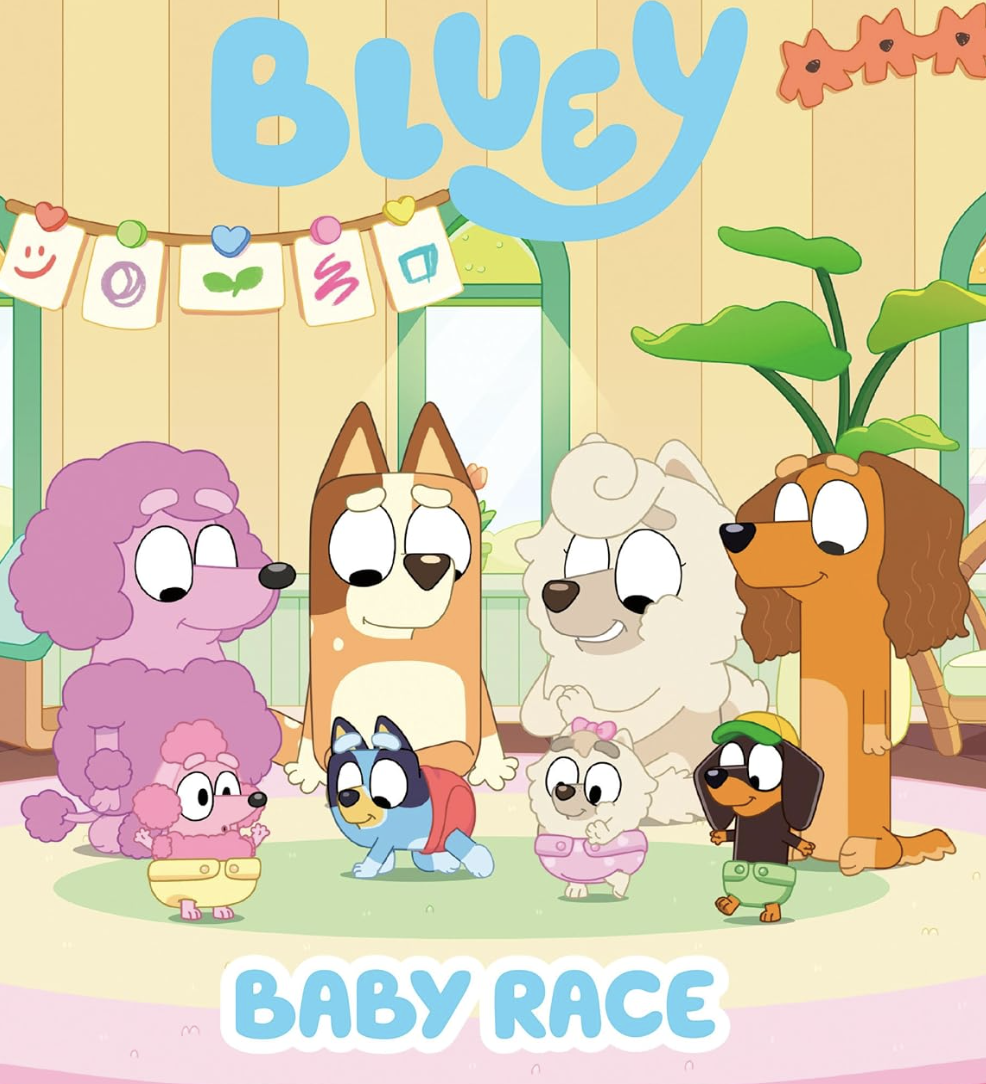Parents Under Pressure
The inspiration for Calamores came from the 2024 Advisory from the U.S. Surgeon General talking about the pressure of parenthood and its impact.

The expectations placed on parents today are higher than ever before.
We’re told to follow the latest recommendations from pediatricians and parenting experts to the letter. Feed our children the best foods. Enroll them in the right schools and extracurriculars to give them every possible head start. And we’re expected to do all this while excelling in our careers.
Between endless birthday parties, school celebrations, and the constant need to “keep up with the Joneses,” the pressure mounts—and stress begins to quietly take its toll.
The Spark for Calamores
The inspiration for Calamores came when Benson read the 2024 advisory from U.S. Surgeon General Dr. Vivek Murthy, titled “Parents Under Pressure.”
In this public health alert, Dr. Murthy shines a light on an often-overlooked crisis: the mental health of parents and caregivers.
Surgeon General advisories are rare—they’re reserved for urgent public health issues that demand immediate national attention. This one was different because it acknowledged something many parents already feel but rarely voice: parenting today is unsustainably demanding.
Validation in Black and White
Here are a few standout lines from the advisory that deeply resonated with us:
“One response to a world in which success and fulfillment feel increasingly out of reach has been an intensifying culture of comparison—often propagated by influencers and online trends—with unrealistic expectations around the milestones, parenting strategies, achievements and status symbols that kids and parents must pursue. Chasing these unreasonable expectations has left many families feeling exhausted, burned out, and perpetually behind.”
In fact, stress among parents is soaring—33% of parents reported high levels of stress in the past month, compared to only 20% of other adults.
“In addition to the traditional challenges of parenting—protecting children from harm, worrying about finances, managing teenagers who are searching for independence—there are new stressors that previous generations didn’t have to consider. These include the complexity of managing social media, parents’ concerns about the youth mental health crisis, and an epidemic of loneliness that disproportionately affects young people and parents, just to name a few.”
“While some parents can access resources, including the support of a committed co-parent, extended family, and friends who share in the responsibility of raising children, many parents are managing all these challenges largely on their own. And even for those with these supports, many parents still report feeling alone.”
It’s Not Just Moms Anymore
One important shift the advisory highlights is the growing involvement of fathers in child care.
“Time spent weekly on primary child care has increased by 40% among mothers from 8.4 hours in 1985 to 11.8 hours in 2022, and by 154% among fathers from 2.6 hours in 1985 to 6.6 hours in 2022.”
But even with more involved dads and co-parents, families are still stretched thin:
“Evidence suggests that demands from both work and child caregiving have come at the cost of quality time with one’s partner, sleep, and parental leisure time.”
Top Stressors Crushing Parents
This isn’t just “parenting is hard” — it’s a national crisis. Here are the most pressing sources of stress:
- Financial Strain: Childcare costs have surged 26% in the past decade. Two-thirds of parents say money worries dominate their mental space.
- Time Pressure: Parents are working more than ever while devoting more hours to child care. Adult time, rest, and self-care are being sacrificed.
- Mental Load: The constant decision-making, worry, and invisible labor of parenting drains mental capacity and leads to burnout.
- Technology & Social Media: 71% of parents are deeply concerned about their kids’ exposure to harmful online content.
- Isolation & Loneliness: 65% of parents—especially single parents—report feeling lonely, far higher than non-parents.
- Cultural Pressure: Modern parenting demands perfection, silence about struggle, and comparison-fueled performance.
Mental Health Fallout
The stakes are high. These stressors aren’t just exhausting—they’re dangerous.
- Nearly 1 in 4 parents experiences a mental illness.
- Maternal mental health issues are the leading cause of pregnancy-related deaths.
- Up to 14% of fathers experience perinatal depression.
- Parental stress is directly linked to anxiety, depression, and developmental delays in children.
A Call to Action
Thankfully, the advisory doesn’t stop at diagnosing the problem—it offers hope and guidance.
“Parenting is, by its nature, stressful. By taking steps to mitigate stress at every stage, we can decrease exposure to chronic or severe parental stress, empower parents to meet both the needs of their children and their own, and reduce the likelihood of mental health conditions.”
Here's what needs to change:
- Create community, not comparison. Social connection is a lifeline.
- Talk about parenting struggles openly to reduce shame and guilt.
- Push for policy reform—like paid leave, affordable childcare, and access to mental health care.
Take Care of You, Too
Dr. Murthy reminds us that parents must care for themselves, not just their families:
“Remember, caring for yourself is a key part of how you care for your family… Even small investments of time in stress-reducing activities can make a meaningful difference… Setting healthy boundaries… should not bring guilt or shame but rather be seen as vital actions that can ultimately benefit parents and caregivers as well as their children.”
“Simply put, caregivers need care, too.”
Let us say this clearly: You are not failing. The system is.
You deserve rest, support, and joy.
You are not alone—and we’re building Calamores to help make sure you never feel like you are again.
.png)

.png)
